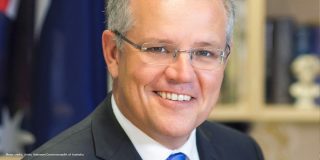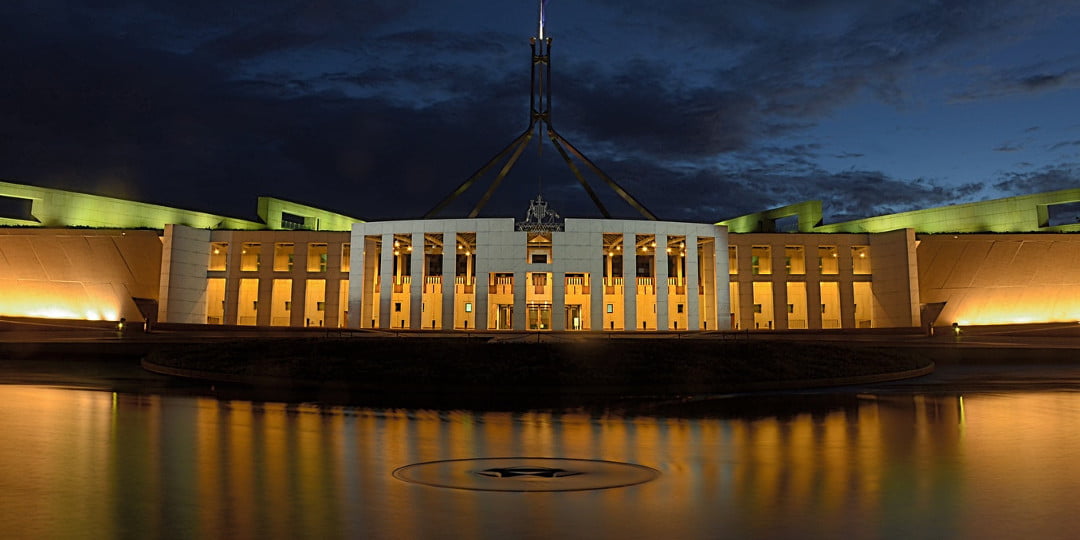There it was again last night. Foreign Minister Julie Bishop on Channel 10’s The Project program offering up the Coalition’s tortuous logic on foreign aid: “We can’t borrow money from overseas, just to send back overseas again”.
The 2014 – 2015 aid budget stands at $5,031.9 million, equal to 0.32% of our national income. Prior to the Coalition coming to power there had been a bipartisan agreement to reach 0.5% of national income by 2017 – 2018. Abandoned by the coalition, the aid budget will be capped at its current level for the next two years, then increase in line with the consumer price index thereafter. All up, this amounts to $7,900 million less than was planned previously.
The logic behind all this is that it doesn’t make sense to borrow money to spend money on foreign aid. For the life of me I cannot understand why. If it’s okay to borrow billions of dollars to buy fighter jets, instruments of war designed to kill people, why is it not okay to borrow a far smaller amount on instruments of peace designed to save lives? If it’s okay to borrow billions of dollars to spend on infrastructure in Australia, which is already one of the most well resourced countries in the world, why is it not okay to borrow much smaller sums to spend on infrastructure in poor countries where the impact will be far greater?
According to the budget papers, government revenue is predicted to grow from $391 billion in 2014 – 2015 to $480 billion dollars in 2017 – 2018, and government expenditure is to grow from $415 billion dollars to $475 billion dollars. Contrary to popular opinion, our government will not be spending less over the coming years. Thanks to a growing economy, government spending will remain around 25% of gross domestic product, yet because we will be earning more We will be able to spend more.
Choosing to cut the aid budget so savagely has nothing to do with financial responsibility. It has to do with values and priorities. When we choose to spend billions of dollars on fighter jets rather than vaccines, or billions of dollars building roads in our own backyard rather than in poor countries overseas, we reflect a value system that prioritises an incremental improvement in the lives of people who by global standards are already fabulously rich over the exponential improvement that aid spending brings to the lives of people in abject poverty.







Well said, Scott. Especially the last paragraph.